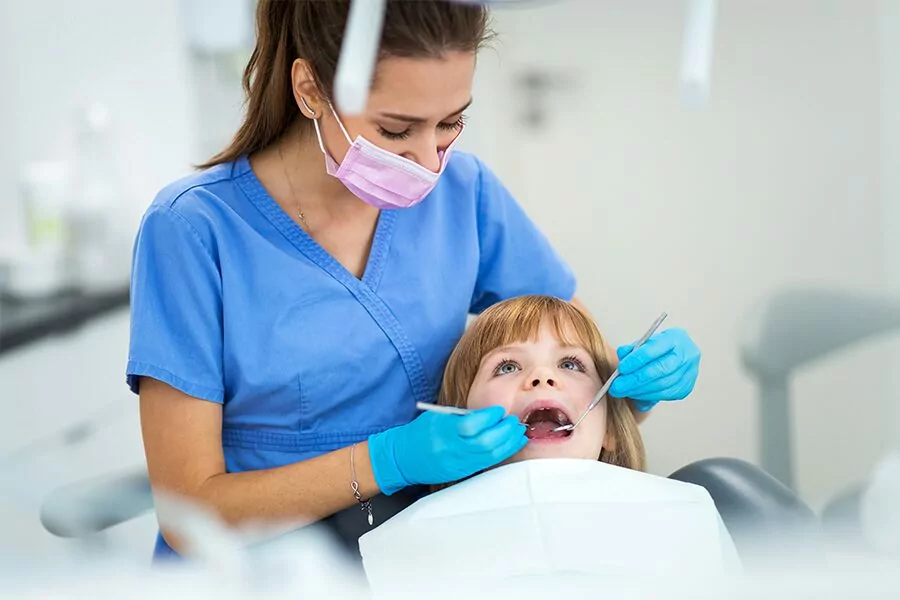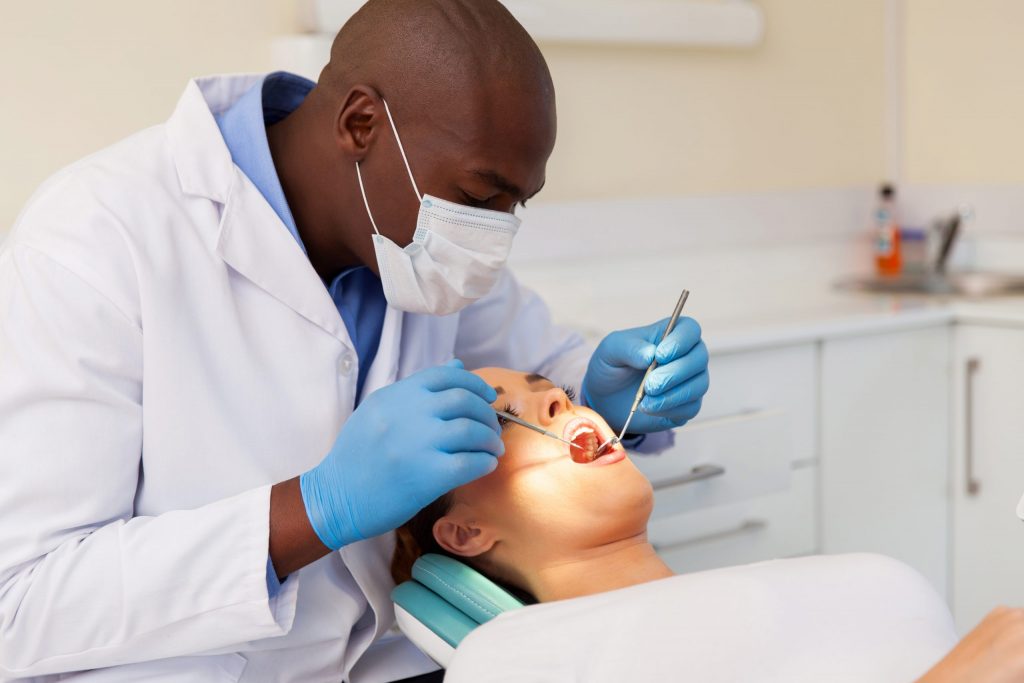Navigating Dental Emergency Situations: What to Do and Not to Do in Important Situations
When faced with oral emergencies, the capacity to respond suitably can be important in stopping more complications and guaranteeing the best possible result. From toothaches to knocked-out teeth, damaged dental fillings, jaw injuries, and dental blood loss, each scenario demands a specific strategy that can affect both short-term and long-lasting dental health.
Immediate Actions for Toothaches
Salt water functions by helping to reduce microorganisms in the mouth, which can contribute to the pain and swelling connected with a tooth pain. It additionally aids to draw out any particles or pus that may be existing, providing a relaxing effect on the inflamed cells.
Along with washing with seawater, over the counter discomfort drugs such as ibuprofen can be taken to aid manage the discomfort. If the discomfort persists or aggravates, it is important to comply with the advised dosage guidelines and seek advice from with a health care provider. Prevent putting pain killers straight on the tooth or periodontals, as this can cause chemical burns.
If the toothache persists or is accompanied by other signs and symptoms such as high temperature, swelling, or trouble breathing, seek prompt dental like resolve the underlying root cause of the pain. Early intervention can assist protect against further problems and relieve discomfort.
Taking Care Of Knocked-Out Teeth
When handling knocked-out teeth, prompt action is essential to increase the possibilities of successful reimplantation. If a tooth is completely knocked out, it is vital to manage it appropriately to preserve its practicality for reattachment. The very first step is to grab the tooth by the crown (the white component) rather than the origin to avoid damaging the delicate cells. It is very important not to touch or scrub the root surface as this can hurt the cells needed for reimplantation.

Prompt action and correct handling of a knocked-out tooth can substantially influence the opportunities of effective reimplantation, so it is important to act promptly and appropriately in such scenarios.
Managing Broken Dental Fillings
Correct maintenance and normal oral examinations are crucial for dealing with busted dental fillings immediately and guaranteeing the longevity of your oral job. When an oral filling up breaks, it can reveal the inner layers of the tooth to germs, bring about possible infections and more damage if left neglected. It is important to call your dental professional right away to arrange a visit for repair work. if you experience a broken oral filling.
In the meanwhile, there are some steps click to read you can take to take care of a broken dental filling at home. Non-prescription dental cement can be used as a short-term procedure to cover the revealed dental filling and protect the tooth up until you can see your dental practitioner.
Bear in mind that a damaged oral filling ought to be addressed immediately to avoid difficulties and maintain the stability of your tooth. Normal dental exams can aid spot and resolve any kind of issues with your fillings prior to they rise into even more substantial troubles.

Managing Jaw Injuries
In situations of jaw injuries, swift and ideal management is important to alleviate pain and avoid further issues. Jaw injuries can arise from numerous reasons such as injury, accidents, or dental procedures. When confronted with a presumed jaw injury, it is vital to look for immediate clinical interest from a health care specialist or go to the emergency clinic.
During before getting expert treatment, there are a few steps that can be taken to manage jaw injuries. Firstly, using a cold compress to the affected area can help in reducing swelling and minimize pain. It is necessary to stay clear of moving the jaw excessively and to refrain from consuming crunchy or hard foods that could intensify the injury. Furthermore, over-the-counter discomfort medicine can be required to handle pain momentarily.
Moreover, if there is blood loss related to the jaw injury, mild pressure can be applied making use of a clean towel to help control the bleeding. It is critical to bear in mind that these are momentary procedures, and punctual evaluation by a health care carrier is crucial to assess the level of the injury and identify the ideal program of treatment - emergency dentist newport.
How to React to Oral Blood Loss
Adhering to the monitoring of jaw injuries, resolving oral blood loss quickly is vital in guaranteeing proper treatment and recovery. Dental bleeding can result from various reasons, such as injury, dental procedures, or underlying clinical problems. When confronted with dental bleeding, it is crucial to remain calm and take prompt activity to manage the scenario.
To respond effectively to dental blood loss, begin by gently washing your mouth with a moderate saltwater option to clean the location and remove any type of blood embolisms. If the bleeding persists or is severe, seek specialist oral treatment instantly.

Conclusion
In conclusion, it is essential to act without delay and properly when confronted with dental emergency situations. Immediate actions for toothaches, handling knocked-out teeth, managing damaged dental fillings, handling jaw injuries, and responding to dental bleeding are crucial actions to guarantee correct treatment and stop additional complications. Bear in mind to look for specialist aid as quickly as possible to address any dental emergency situation successfully and effectively.
From toothaches to knocked-out teeth, broken oral fillings, jaw injuries, and oral bleeding, each situation requires a specific method that can affect both long-lasting and short-term dental health. If this is not possible, save the tooth great site in a container of milk or the individual's saliva to keep it wet while looking for prompt oral treatment.
Proper maintenance and normal oral check-ups are necessary for addressing damaged oral fillings without delay and making sure the durability of your oral work. Over-the-counter dental concrete can be used as a short-lived measure to cover the exposed filling and secure the tooth up until you can see your dental practitioner.
Immediate activities for toothaches, managing knocked-out teeth, dealing with broken oral fillings, taking care of jaw injuries, and responding to dental bleeding are important steps to make certain correct treatment and protect against more difficulties.
Comments on “Specialist Emergency Dentist Newport Services: Comprehensive Dental Care”